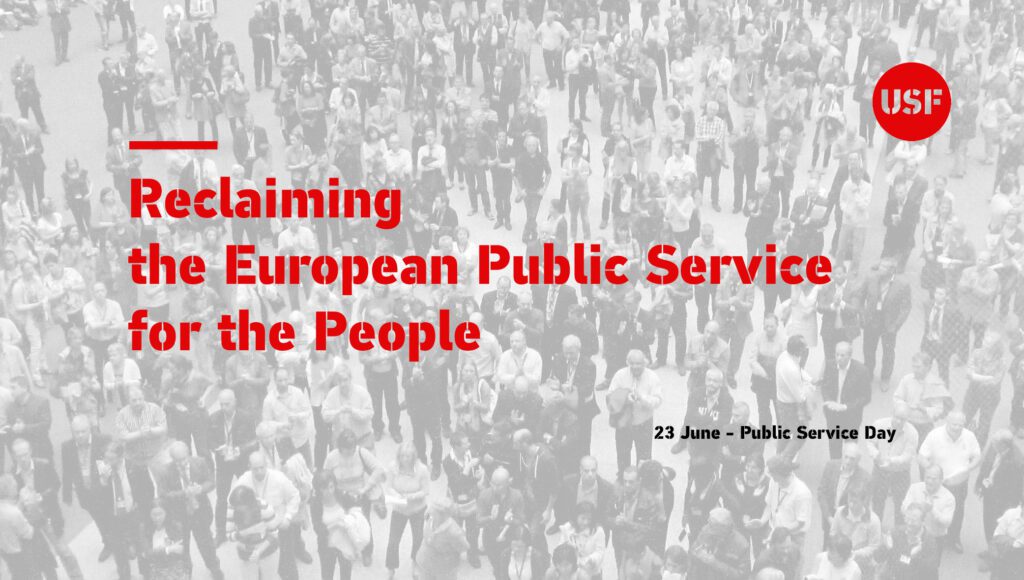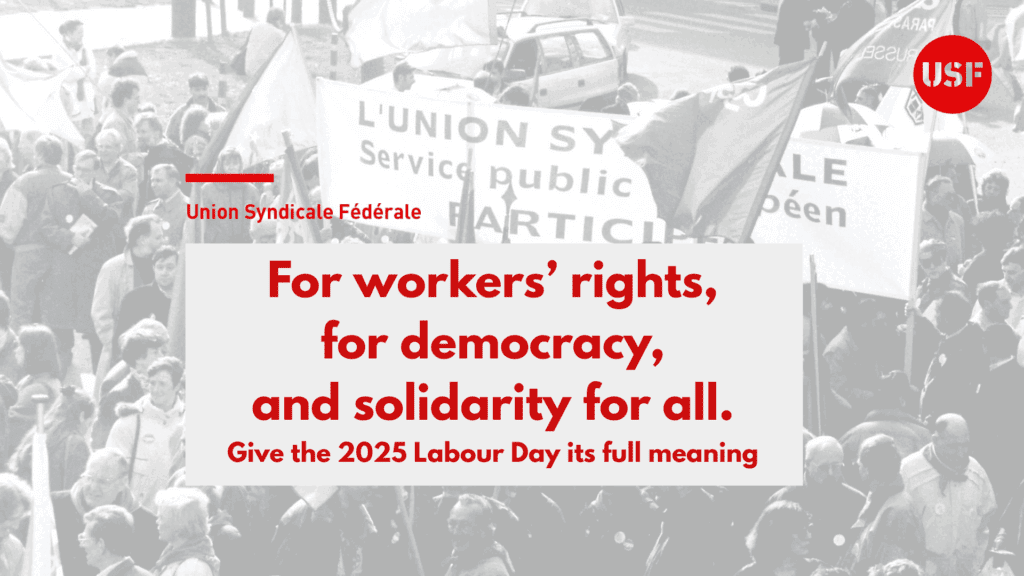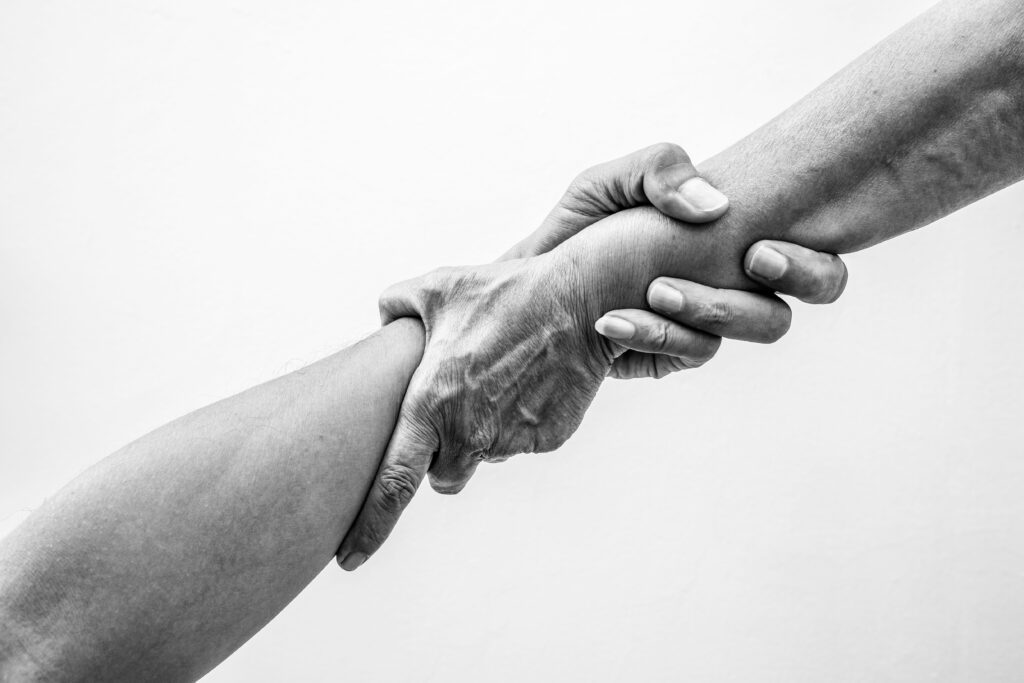The Commission presents its first-ever strategy on LGBTIQ+ equality in the EU
The European Commission presented today the first-ever EU Strategy for lesbian, gay, bisexual, trans, non-binary, intersex and queer (LGBTIQ) equality, as announced by President von der Leyen in her 2020 State of the Union Address.
While progress in the EU was made towards LGBTIQ equality over the past years, discrimination against LGBTIQ people persists with 43% feeling discriminated. The COVID-19 crisis has only exacerbated the situation. Today’s Strategy addresses the inequalities and challenges affecting LGBTIQ people, setting out a number of targeted actions, including legal and funding measures, for the next 5 years. The Strategy proposes to extend the list of EU crimes to cover hate crime, including homophobic hate speech and hate crime and to bring forward the legislation on the mutual recognition of parenthood in cross border situations, among others. It also ensures that LGBTIQ concerns are well reflected in EU policy-making, so that LGBTIQ people, in all their diversity, are safe and have equal opportunities to prosper and fully participate in society.
Vice-President for Values and Transparency Vera Jourová said: “Everyone should feel free to be who they are – without fear or persecution. This is what Europe is about and this is what we stand for. This first strategy at EU level will reinforce our joint efforts to ensure that everyone is treated equally.”
Commissioner for Equality, Helena Dalli said: “Today, the EU asserts itself, as the example to follow, in the fight for diversity and inclusion. Equality and non-discrimination are core values and fundamental rights in the European Union. This means that everybody in the European Union should feel safe and free without fear of discrimination or violence on the grounds of sexual orientation, gender identity, gender expression or sex characteristics. We are still a long way away from the full inclusion and acceptance that LGBTIQ people deserve. Together with the Member States, I trust we can make Europe a better and safer place for all. In this regard, the strategy calls on those Member States that do not have national LGBTIQ equality strategies to adopt one, addressing the specific equality needs of LGBTIQ people within their country.”
Actions towards LGBTIQ equality in 2020-2025
The Strategy sets out a series of targeted actions around four main pillars, focused on: tackling discrimination; ensuring safety; building inclusive societies; and leading the call for LGBTIQ equality around the world. Some of the key actions outlined in the Strategy include:
- Fighting discrimination:Legal protection against discrimination is key to advancing LGBTIQ equality. The Commission will undertake a stocktaking exercise, in particular in the area of employment. The report on the application of Employment Equality Directive will be published by 2022. Following up to the report the Commission will put forward any legislation, namely on strengthening the role of equality bodies. The Commission will also put forward a regulatory framework that will specifically address the risk of bias and discrimination inherent in artificial intelligence (AI) systems.
- Ensuring safety: LGBTIQ people disproportionately suffer from hate crime, hate speech and violence while the under-reporting of hate crimes remains a serious problem. To harmonise protection against anti-LGBTIQ hate crime and hate speech, the Commission will present an initiative in 2021 to extend the list of ‘EU crimes’ to include hate crime and hate speech, including when targeted at LGBTIQ people. In addition, the Commission will provide funding opportunities for initiatives that aim to combat hate crime, hate speech and violence against LGBTIQ people.
- Protecting rights of rainbow families: Due to differences in national legislations across Member States, family ties may not always be recognised when rainbow families cross the EU’s internal borders. The Commission will bring forward a legislative initiative on the mutual recognition of parenthood and explore possible measures to support the mutual recognition of same-gender partnership between Member States.
- LGBTIQ equality around the world:In various parts of the world, LGBTIQ people experience serious rights violations and abuses. The Commission will support actions for LGBTIQ equality under the neighbourhood, development and international cooperation instrument (NDICI), the Instrument for Pre-accession Assistance (IPA) and the Asylum and Migration Fund.
Integrating LGBTIQ equality into EU policies
Under the lead of Commissioner for Equality, Helena Dalli, and with support of the Task-Force on Equality, the Commission will also integrate the fight against discrimination affecting LGBTIQ people into all EU policies and major initiatives.
Next Steps
Member States are encouraged to build on existing best practices and develop their own action plans on LGBTIQ equality. The objective will be to protect better LGBTIQ people against discrimination, to complement action under this strategy with measures to advance LGBTIQ equality in areas of Member State competence.
The European Commission will regularly monitor the implementation of the actions outlined in the Strategy and present a mid-term review in 2023.
Background
The Strategy presented today is the first Commission strategy in the area of LGBTIQ equality, delivering on President von der Leyen‘s commitment to a Union of Equality.
The Strategy builds upon the List of Actions to Advance LGBTI Equality. It links to other European Commission strategic frameworks and strategies, including the recently adopted EU Action Plan against racism 2020-2025, the Victims’ Rights Strategy, and the Gender Equality Strategy.
Equality and non-discrimination are core values and fundamental rights in the EU, enshrined in its Treaties and in the Charter of Fundamental Rights. In recent decades, legislative developments, case law and policy initiatives have improved many people’s lives and helped us building more equal and welcoming societies, including for LGBTIQ people. While there is greater social acceptance and support for equal rights in the EU, it has not always translated into clear improvements in LGBTIQ people’s lives. According to the European Union Agency for Fundamental Rights (FRA) 43% of LGBT people declared that they felt discriminated against in 2019, as compared to 37% in 2012. The COVID-19 crisis has brought new pressures for the most vulnerable groups, and LGBTIQ people are no exception.
Many of the policy areas linked to improving LGBTIQ equality are primarily national responsibilities. However, the EU has an important role in providing policy guidance, coordinating actions by Member States, monitoring implementation and progress, providing support via EU funds, and promoting the exchange of good practices between Member States.
More information
Communication – A Union of Equality: LGBTIQ Equality Strategy 2020-2025
Factsheet – LGBTIQ Equality Strategy
Audiovisual – LGBTIQ Equality Strategy
EU Agency for Fundamental Rights: EU-LGBTI II – A long way to go for LGBTI equality
European Commission: Special Eurobarometer 493: Discrimination in the European Union




